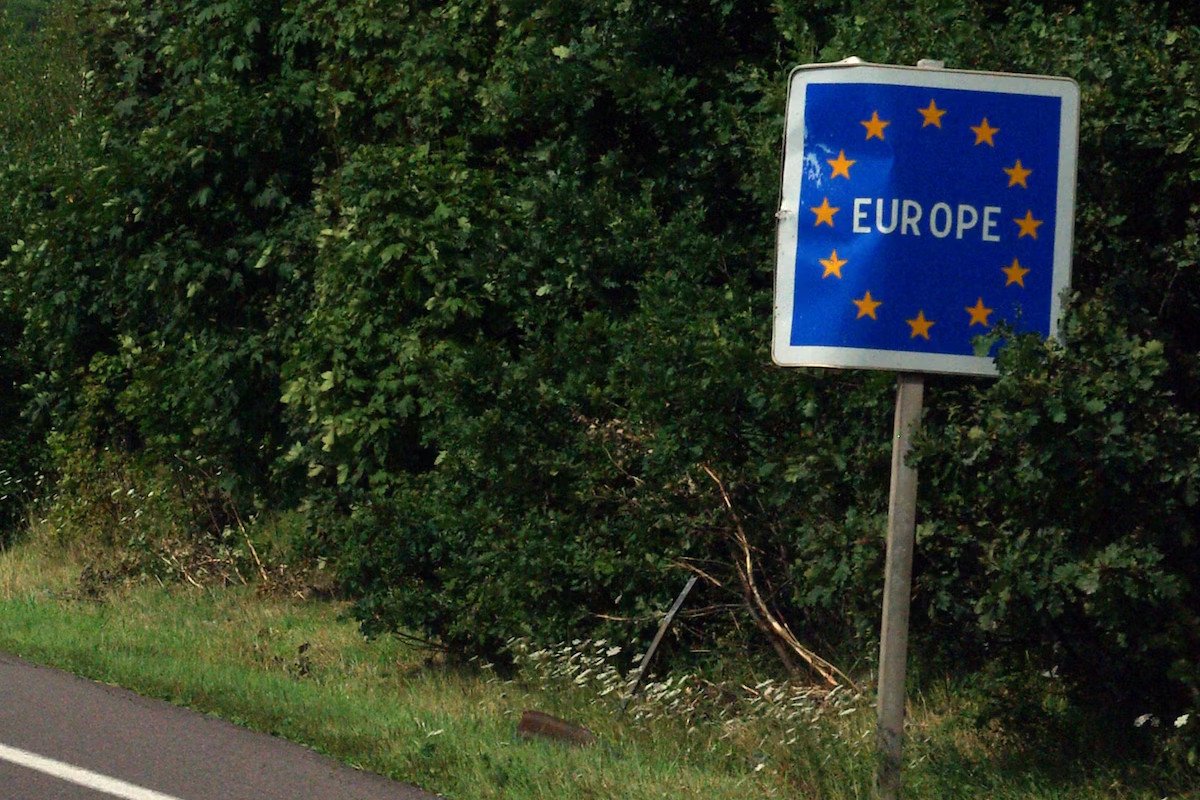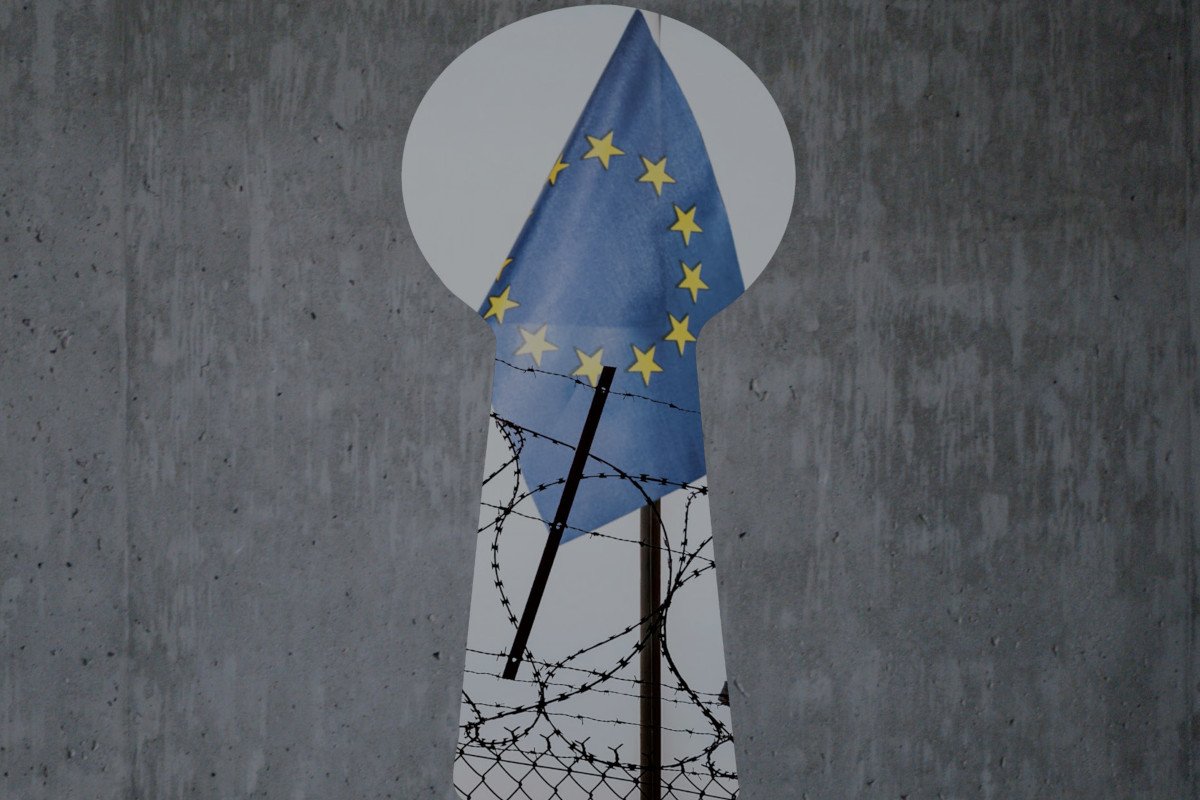#Frontex to spend hundreds of millions of euros on #surveillance and deportations
The Management Board approved the 2023 Procurement Plan in mid-February. Here's an overview of what's on the shopping list 👇
@Migreurop @abolishfrontex @ecre @Border_Violence @PICUM_post
The Management Board approved the 2023 Procurement Plan in mid-February. Here's an overview of what's on the shopping list 👇
@Migreurop @abolishfrontex @ecre @Border_Violence @PICUM_post

€40 million for deportations
For the purchase of chartered aircraft to enable Frontex to carry out forced returns during the period 2023-2027.
For the purchase of chartered aircraft to enable Frontex to carry out forced returns during the period 2023-2027.
€50 million for transport services
For car rentals, transportation of Frontex vehicles and large items within and outside the EU, transportation of weapons and ammunition, and a new ferry service to facilitate returns from Greece to Turkey.
For car rentals, transportation of Frontex vehicles and large items within and outside the EU, transportation of weapons and ammunition, and a new ferry service to facilitate returns from Greece to Turkey.
At least €180 million for border surveillance
Covering equipment for land and maritime surveillance, drones, infrared, night vision, radiation detection devices, and helicopters capable of transmitting live visual data
Covering equipment for land and maritime surveillance, drones, infrared, night vision, radiation detection devices, and helicopters capable of transmitting live visual data
€6 million for data management systems
Including the construction of a new Frontex Integration Platform intended to improve interoperability and facilitate “cross security domains data flows” and “automated processes for vulnerability assessment and Eurosur”
Including the construction of a new Frontex Integration Platform intended to improve interoperability and facilitate “cross security domains data flows” and “automated processes for vulnerability assessment and Eurosur”
€800,000 for research
Looking at new border control technologies, airborne and “person borne” capabilities, and greater inclusion of interoperable systems in the agency’s operations.
Looking at new border control technologies, airborne and “person borne” capabilities, and greater inclusion of interoperable systems in the agency’s operations.
@Tineke_Strik said the agency must "ensure that these significant sums of money don’t facilitate violent pushbacks by Member States," and should suspend "any contributions to Member States that are engaging in violations.”
Full story:
statewatch.org/news/2023/apri…
Full story:
statewatch.org/news/2023/apri…
• • •
Missing some Tweet in this thread? You can try to
force a refresh

 Read on Twitter
Read on Twitter









